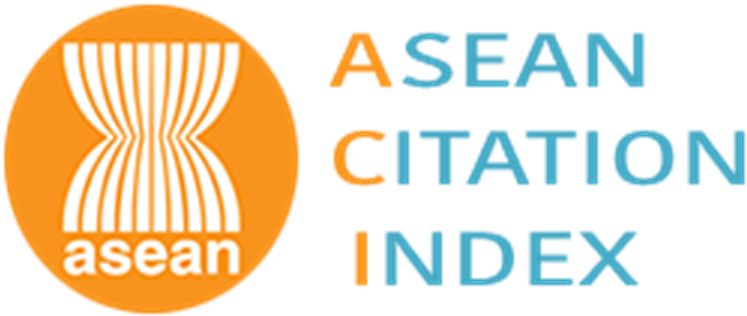การศึกษาและพัฒนากระบวนการตรวจสอบข้อเท็จจริงในระบบผู้เชี่ยวชาญทางกฎหมาย
Abstract
งานวิจัยนี้ศึกษาและพัฒนากระบวนการตรวจสอบข้อเท็จจริงในระบบผู้เชี่ยวชาญทางกฎหมายที่เกี่ยวข้องกับกระบวนการพิจารณาคดีและการโต้แย้งข้อเท็จจริงระหว่างคู่กรณีคือโจทก์และจำเลย การสร้างระบบผู้เชี่ยวชาญทางกฎหมายจำเป็นที่จะต้องเตรียมฐานความรู้ และใส่ข้อเท็จจริงเข้าสู่ระบบ เพื่อให้ระบบผู้เชี่ยวชาญทำการอนุมานหาเหตุผลและนำไปสู่ข้อสรุป ผู้วิจัยได้ออกแบบฐานความรู้และออกแบบขั้นตอนวิธีในการจัดการกับข้อเท็จจริงที่ขัดแย้งกันซึ่งเกิดขึ้นจากอินพุตที่ผู้ใช้นำเข้าสู่ระบบ รวมถึงจัดการตรรกศาสตร์ของกฎหมายปิดปาก ซึ่งเป็นข้อเท็จจริงที่กฎหมายไทยห้ามมิให้นำมาพิจารณาในกระบวนการอนุมาน ผู้วิจัยได้ใช้ชุดข้อมูลกฎหมายแพ่งและพาณิชย์ในการสร้างฐานความรู้และคำพิพากษาศาลฎีกาในการทดสอบระบบผู้เชี่ยวชาญที่ได้นำเสนอ ผู้วิจัยได้เปรียบเทียบผลการทดลองกับระบบผู้เชี่ยวชาญแบบเดิม ผลการทดลองพบว่าระบบผู้เชี่ยวชาญที่ได้นำเสนอสามารถให้ผลลัพธ์และเหตุผลที่ใช้ในการตัดสินคดีได้อย่างถูกต้อง และลดจำนวนของขั้นตอนการสลับภาระการพิสูจน์ลงจาก O(n) เป็น O(1)
This study investigates and develops a process of fact handling in the legal expert system involving a court hearing process and a process of an argumentation between a plaintiff and a defendant. To develop a legal expert system, it is necessary to prepare a legal knowledge base and a set of facts for the system to deduce a legal reasoning to get the legal conclusion. In the legal expert system, user will input a set of facts to obtain a legal result from the system. In this work, we design a legal knowledge base and implement to handle a conflicted fact which is occurred from the input of the user. Moreover, we propose a process to manage estoppel which is a fact that Thai law does not allow a party to prove. The legal knowledge created from Thai Civil and Commercial Code law and the test cases are obtained from Thai Supreme court sentences. We compared the results of the proposed legal expert system with a traditional legal expert system. The results show that the proposed legal expert system can give correct legal result and adjudication. Moreover, the system can reduce the steps of a burden of proof from O(n) to O(1).
Keywords
DOI: 10.14416/j.kmutnb.2017.06.009
ISSN: 2985-2145





